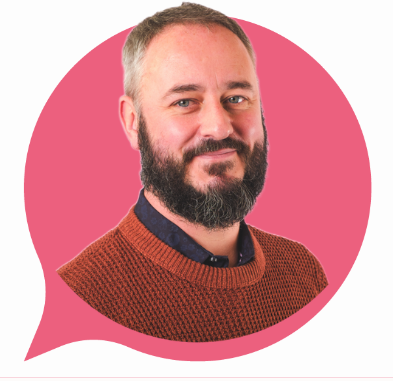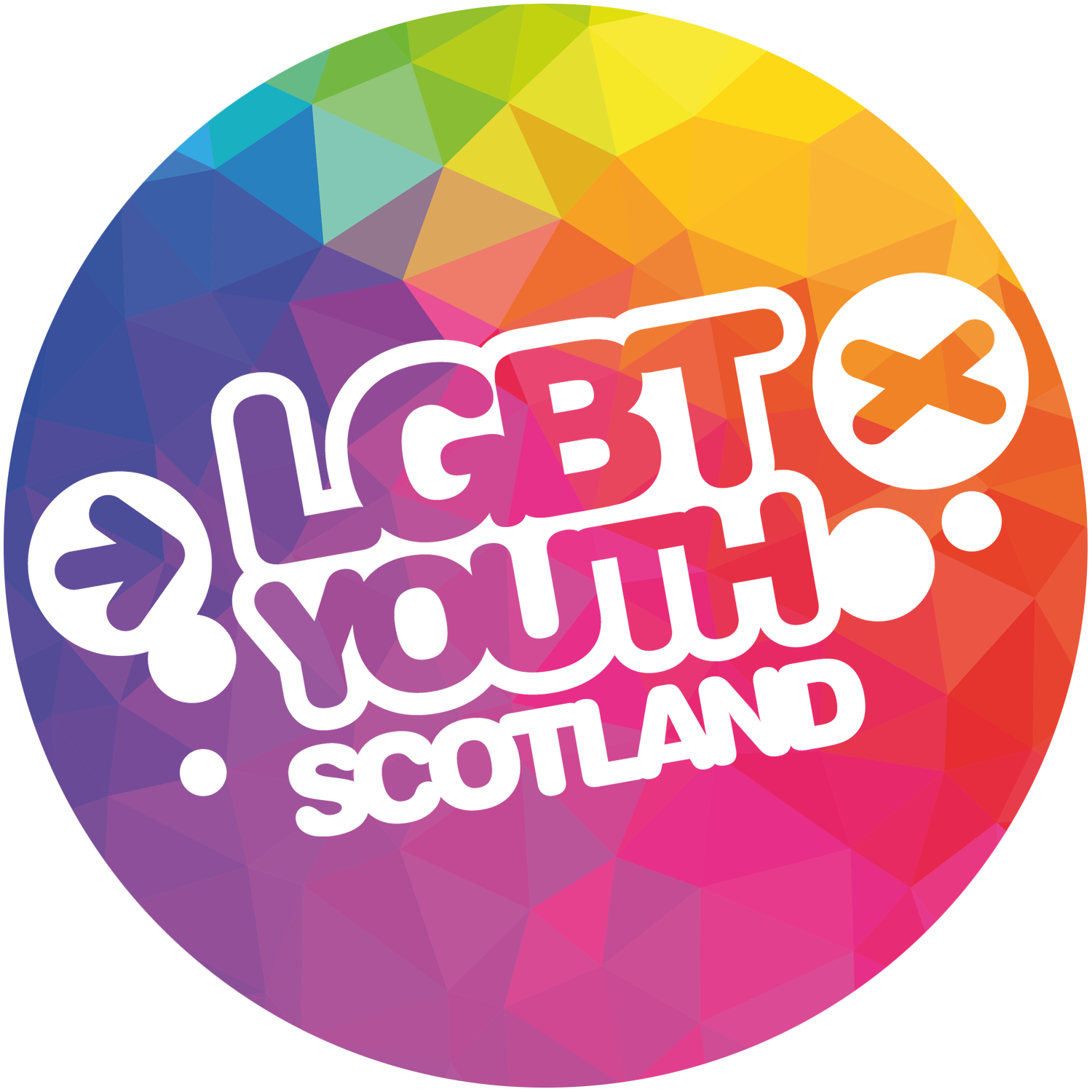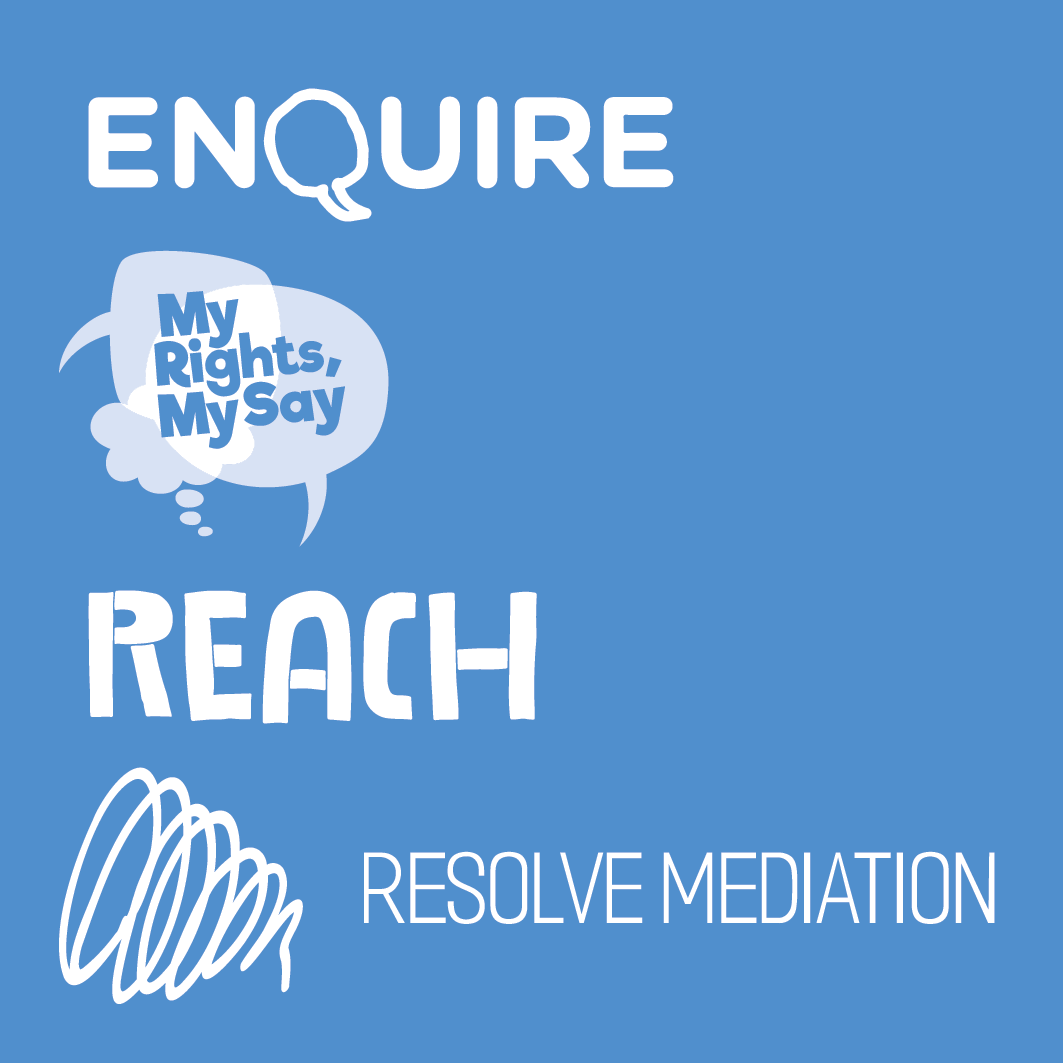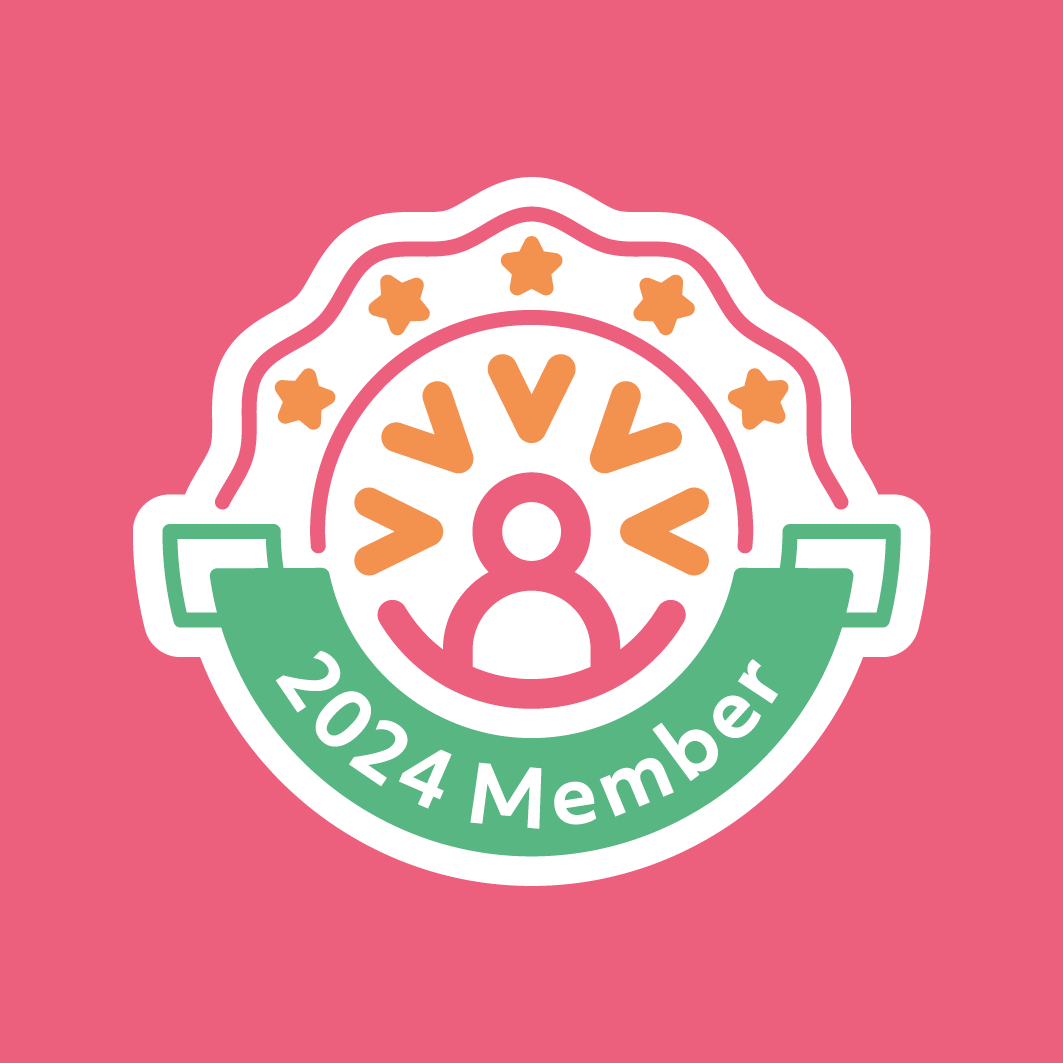New research findings reveal what life is like for LGBT young people in rural areas of Scotland
3 Jan 2024
In 2022, LGBT Youth Scotland's research looking at life in Scotland for LGBT young people revealed such clear disparity between respondents who lived in rural and urban or suburban areas that the organisation was compelled to explore further.
Paul Daly discusses the findings of the recently published Rural Report and the recommendations it makes to help LGBTQ+ young people to flourish and thrive across Scotland.
The findings in our ‘Life in Scotland for LGBT Young People 2022’ report were stark – for example more than six in 10 rurally based LGBTQ+ young people felt their local area is not a welcoming place.
In many ways, we were left with more questions than answers. We undertook deeper analysis of the qualitative data we had gathered to look at some of the themes that emerged. We have now published deep dive reports on education, health, rurality and in spring 2024 we’ll publish our trans report.
When we were preparing to launch the rural report, I couldn’t help but reflect on why this one felt so personal to me. I grew up in Peebles in the glorious Scottish Borders – I’m not pretending Peebles is one of the most remote parts of Scotland, but I would say that in the 1990s when the internet was something in a café in Edinburgh, mobile phones were only in American action films and Section 28 was all too real, Peebles probably felt a lot more rural than it does now.
When I hit the age where I could head to university – off I went, and I hardly looked back. Overtime I established myself, came out and set up my own ‘urban family’. But as I get older, I look back at the picture-perfect town and think about how nice it would be to live there as an adult.
We know from our previous research that young people in Scotland come out on average at age 14 as lesbian, gay and bisexual and 15 as transgender, and that education has come a long way over the last few decades (for example, my old school, Peebles High was recently accredited with the prestigious LGBT Charter). So I had hoped that the experiences of LGBTQ+ young people would be significantly improved.
However, our report shows that there are persistent issues which mean that LGBTQ+ young people do not feel safe, valued and welcome in rural Scotland. We know in general that retention of young people is an ongoing struggle across rural Scotland and that work has been undertaken to encourage young people to set up their lives in these regions - to return after education or establish themselves in the workforce.
Our research showed that homophobia, biphobia and transphobia continue to be significant problems in rural Scotland, which young people told us left them feeling powerless, that they missed out on opportunities and that they live in fear of violence and hate crimes.
Often young people who responded to our survey said they hid their authentic selves in public. They were worried about bringing unwanted attention and shame to their families and that rural communities were often very ‘traditional’ and not accepting.
One thing that strikes me is that we often celebrate our rural communities for being tight-knit – it’s something they thrive on – but we should recognise that it can also be suffocating for those who don’t feel welcomed or celebrated in those same communities. This isn’t just an issue for LGBTQ+ people, but for all new residents in Scotland, people from Black, Asian and Minority Ethnic communities or different religious backgrounds.
So what can be done to support both LGBTQ+ young people and our rural communities? Our report has a series of recommendations for a range of stakeholders such as Scottish Government, Police Scotland, public bodies and services, etc. But for me there was also a clear message coming through from young people that it’s not just about high-level decision-makers (although that is a significant piece of the puzzle), there is also lots that communities themselves must do.
Celebrating diversity through organising a local pride can have a massive impact. To encourage LGBTQ+ young people to flourish and thrive in their local area, they must feel welcomed, and feel that they have a meaningful future as part of the community.
One recommendation that we have in the report to support this work is to increase provision of youth work generally across rural Scotland. We are also calling for funding for LGBTQ+ specific youth work in the Highlands where there is a clear gap in service provision. They can both engage directly with young people and work with communities to co-create solutions and vibrant, diverse rural communities.
I hope that when we next do this research in five years’ time that the gap between rural and urban participants is narrowed, and that LGBTQ+ young people feel valued and celebrated in Scotland, wherever they come from.

About the author
Paul Daly, Interim Senior Policy, Participation and Research Manager at LGBT Youth Scotland
Click here for more
Life in Scotland Rural Report 2023
Read the full Life in Scotland Rural Report published by LGBT Youth Scotland in November 2023
Click here to access
Participation and Engagement work
Find out more about how we embed the inclusion and participation of children and young people in our work
Click here for more
Our services
We offer we offer a range of services that provide support, advice and representation for children and families
Click here for more
Annual Conference 2024
Join us on 29-30 May in Edinburgh for our annual conference. There are lots of ways to get involved
Click here for more
Our membership offer
Be part of the largest national children's sector membership organisation in Scotland
Click here for more